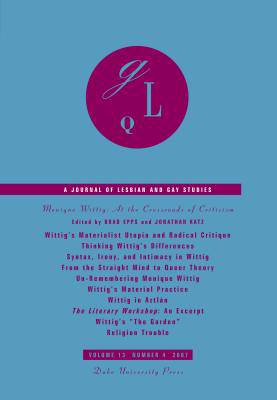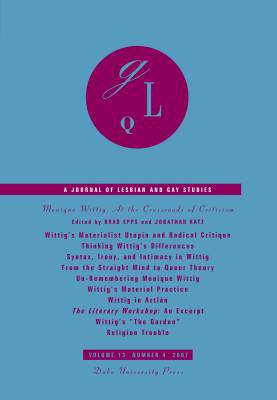
- Retrait gratuit dans votre magasin Club
- 7.000.000 titres dans notre catalogue
- Payer en toute sécurité
- Toujours un magasin près de chez vous
- Retrait gratuit dans votre magasin Club
- 7.000.0000 titres dans notre catalogue
- Payer en toute sécurité
- Toujours un magasin près de chez vous
16,45 €
+ 32 points
Description
Explores the interface between queerness and migration, challenging heterosexist and heteronormative assumptions that often underpin traditional migration scholarship.
Spécifications
Parties prenantes
- Auteur(s) :
- Editeur:
Contenu
- Nombre de pages :
- 204
Caractéristiques
- EAN:
- 9780822366812
- Date de parution :
- 01-10-07
- Format:
- Livre broché

Les avis
Nous publions uniquement les avis qui respectent les conditions requises. Consultez nos conditions pour les avis.






